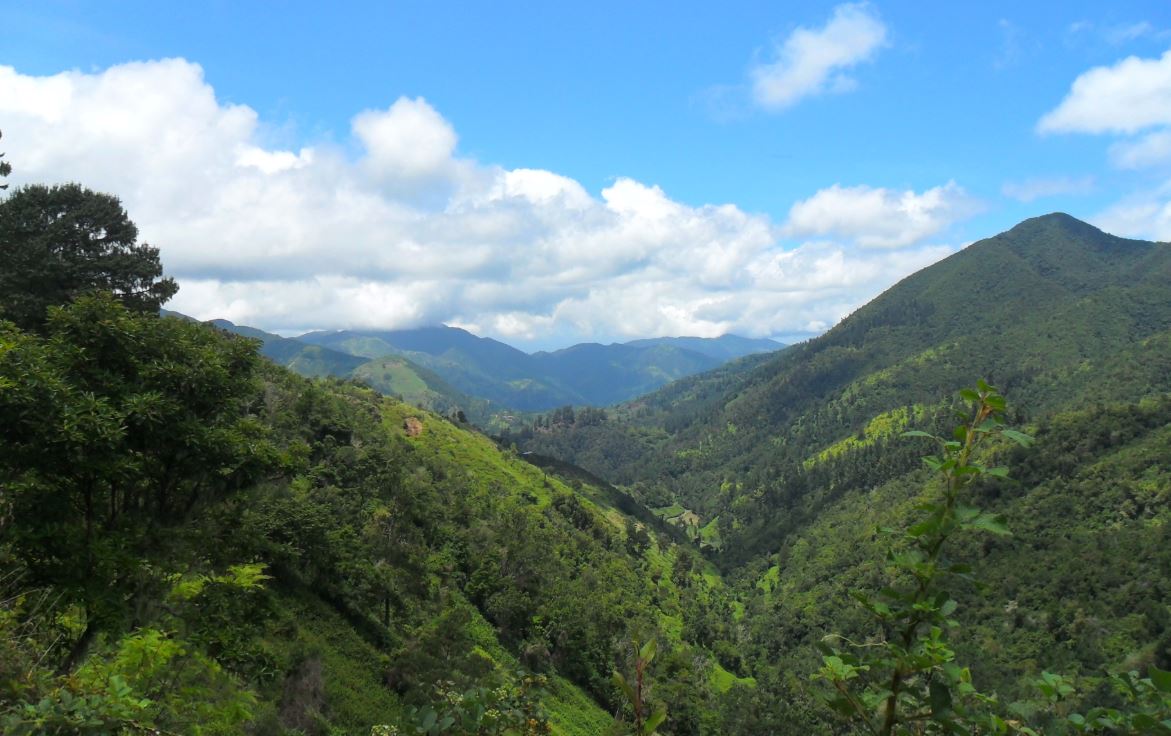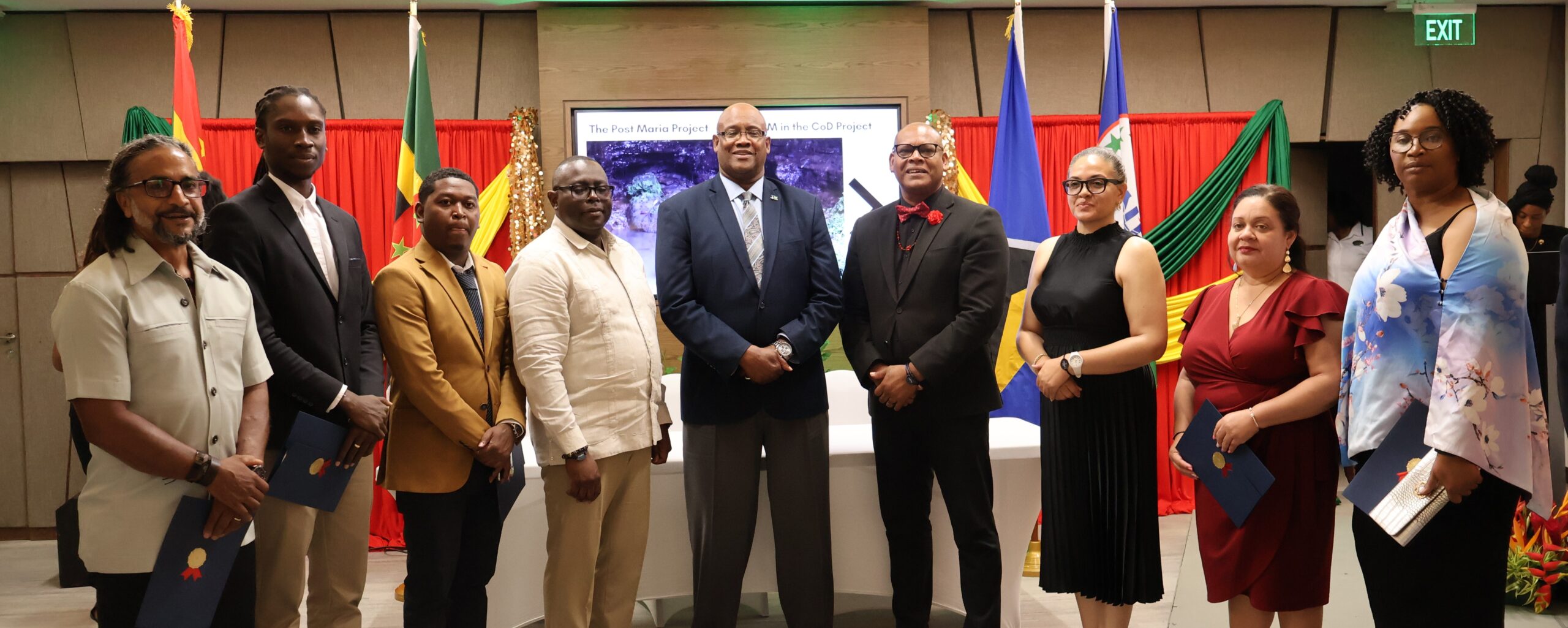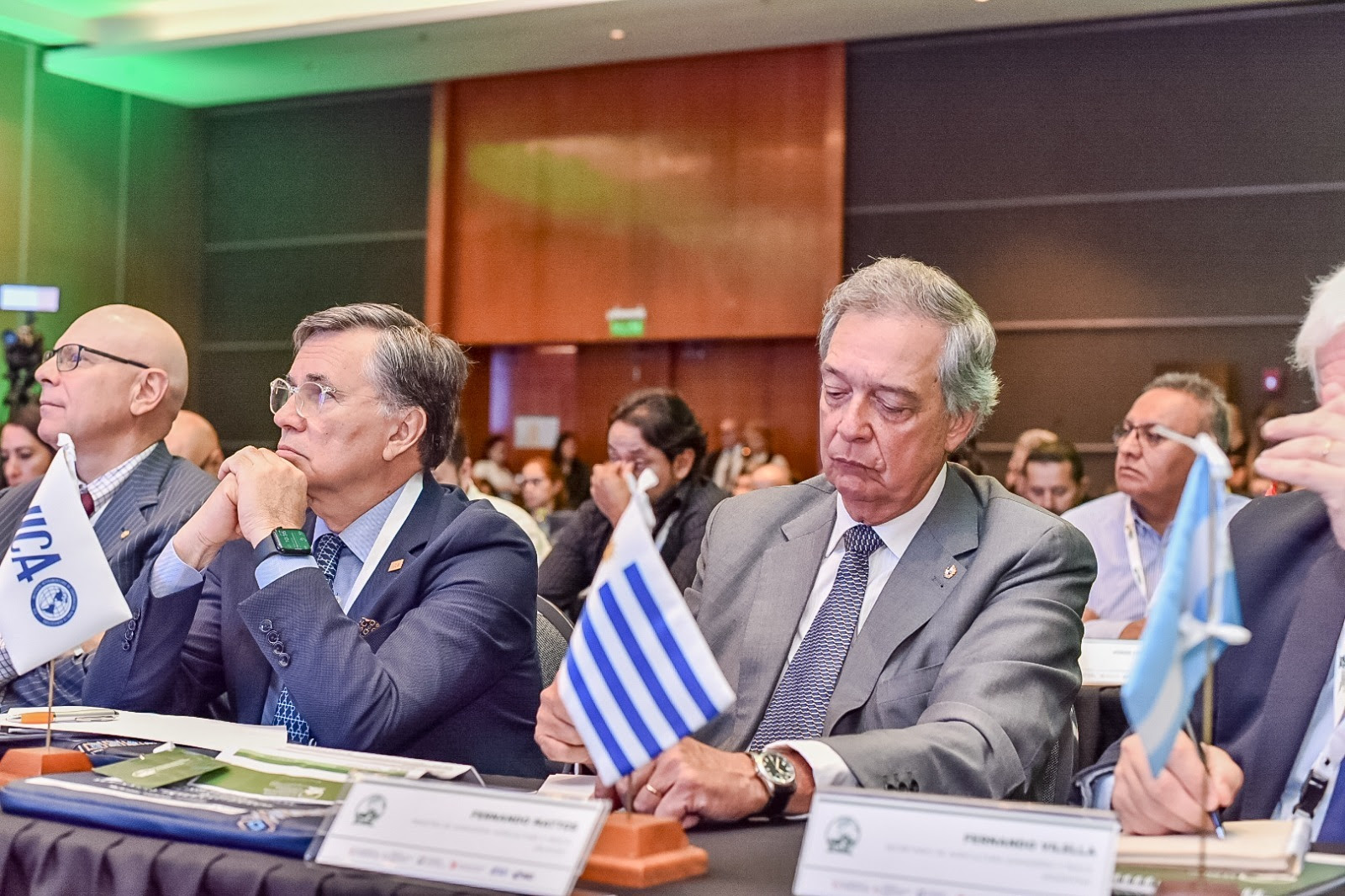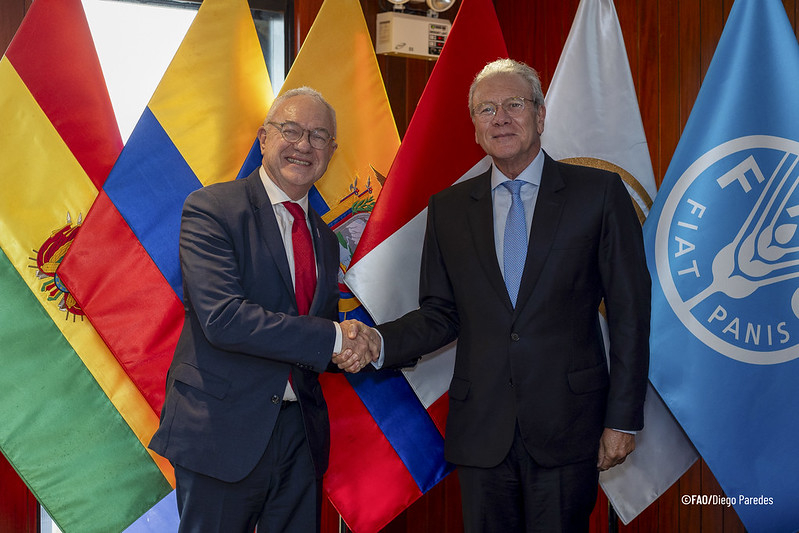By Claus Eckelmann
In a time where we are faced with the Corona Virus it is hard to think of anything else other than the virus.
Things that we have taken for granted are now no longer or less available and we are beginning to realise the true value of these necessities now that they are gone.
The International Day of Forests recognised annually on March 21, is about just this – realising the value of our forests before they are gone.
The word “Forest” comes from the Latin word “out there” meaning outside from where we live and work. In the Caribbean we would refer to this as BUSH, something which is ‘out there’ but seldom considered useful to us.
However, in the Caribbean, forests play a much more significant role than just something which is ‘out there’. For The Food and Agriculture Organisation of the United Nations (FAO) forests are recognised as major contributor to food security and sustainable food production in the Caribbean.
Thus, in recognising the International Day of Forests, FAO encourages us not to forget these important facts:
Our Islands are surrounded by saltwater, we therefore know how precious freshwater is. The best water is collected from in and around forests.
The islands in the Caribbean are densely populated, the forest in the coastal areas were converted into agricultural land, leaving forests only on top of the mountains, in gullies and ravines. In the areas where no one wanted to work, the terrestrial biodiversity of our islands survived. Plant and animal species that were believed to be lost survived “OUT THERE” and are now coming back. The gullies harbour the biodiversity, which is now needed to restore abandoned agricultural fields.
A forest cover on steep hills holds the soil and reduces the risk of flash floods.
Well-managed forests can be the source of sustained income: Forest not only provide timber for construction and fuelwood to cook, they are a habitat for bees to produce honey and a source of food.
More than 80 per cent of the terrestrial biodiversity on our islands is found in the forest. Diverse genetic resources are crucial to the development of new medicines and synthetic materials. To preserve these genetic resources we must preserve the forest.
The biodiversity we have on our islands developed into a self-balanced ecosystem, thus, importing alien species may destroy this equilibrium. We must therefore, carefully consider the risk when importing new plant or animal species.
Everyone has a role to play in the protection of our forests. Think twice before you cut a tree in your yard- instead, plant a new one, trees offer fruit and help keep our surroundings cool, it attracts butterflies and birds. An older tree gathers many species and by itself forms a biotope.
If in doubt, just remember the slogan of this year’s International Day of Forests: Forest and Trees are too precious to lose!
(Claus Eckelmann is the Regional Forestry Officer at FAO Caribbean)




